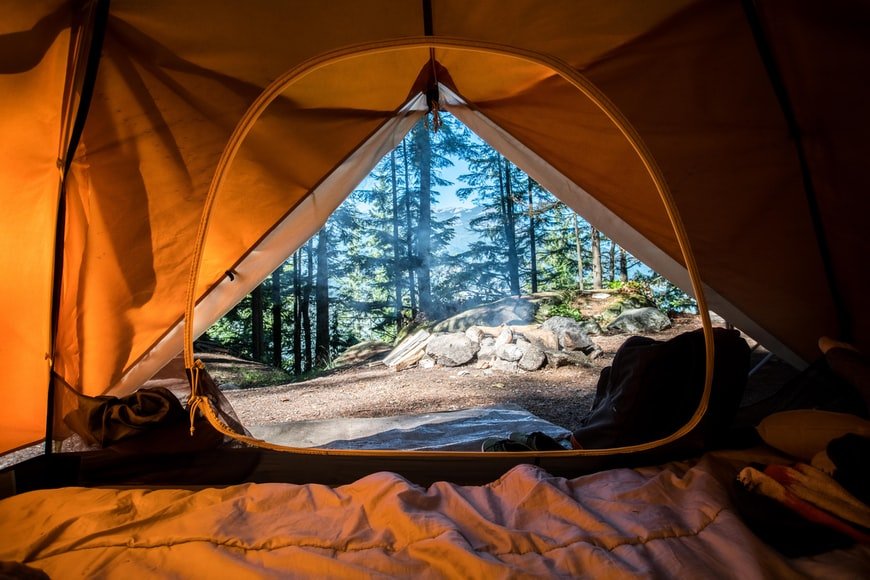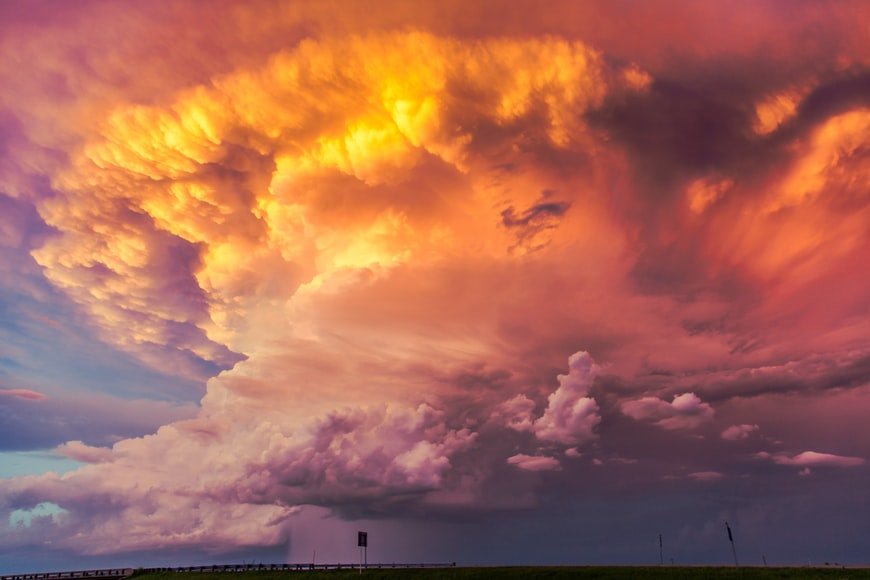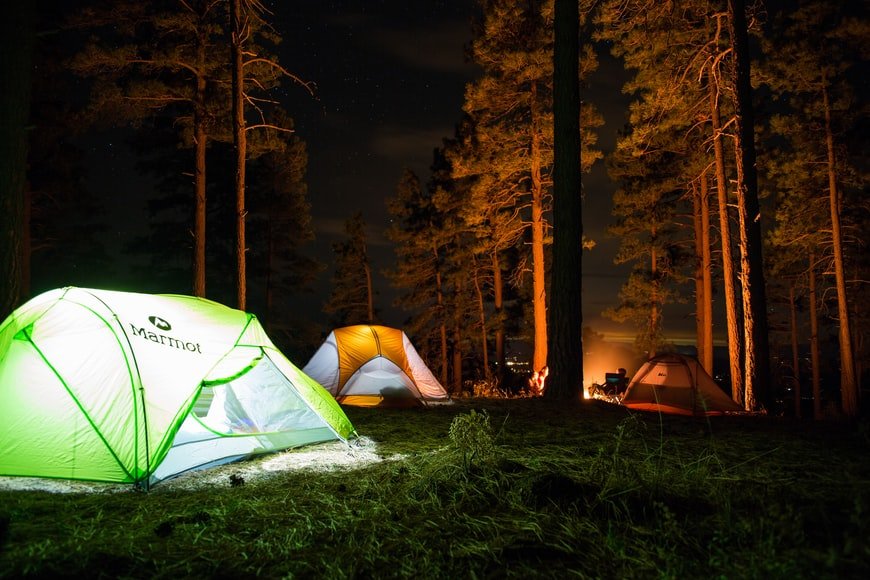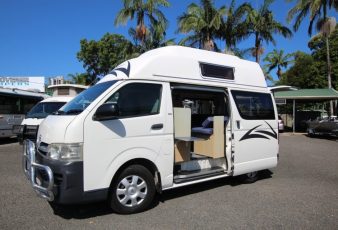It is quite hard to find a person who has never tried camping, however very few know what measures to take in order to avoid misfortunate experiences in their adventures. You must have heard those stories about animal attacks, annoying insects that do not let one sleep, fires, flooding, and all the possible disasters. Does it mean you should not go camping?
Certainly not. But you sure have to be well prepared. If you have chosen your destination and packed for the road it is easy to think you are ready – but take a moment to think about safety.
1. Choose the right place
When we choose places to go people have a tendency to consider the picturesque landscapes, the tranquility of the spot, and the possibility to take photos for social media. The further the better! Does this approach sound familiar?
Next time you research possible camping destinations, pay attention to the possible dangers such as wild animals, poisonous plants, or falling branches. If you do want to interact with animals consider special tents, the best hunting tents will protect you more than usual ones. It may also not be a good idea to stay near cliffs or rivers if you travel with small kids.
2. Fire Safety
Campfires make you warm, let you prepare food, and are just honestly fun. However, if you are not being careful they can lead to a complete disaster. You should keep the fire far from tents, pay attention to the direction of the wind and never let children play with it. There should always be a plan B, so keep some water near it.
Make sure that the fire is supervised at all times and put it down as you are leaving. Then come back and check again. If you are planning to cook a hot camping stove can be a smart choice.
3. Do not underestimate supplies
That part of the human brain that used to be responsible for keeping supplies is now dying out – we are so used to always being able to buy what we need that it is hardly possible not to go to a store at least once a day even if you have just done all the grocery shopping yesterday.
When you are planning to step away from civilization you need to think everything through in advance. You should not worry too much about sweet snacks because, let us be honest, those are very likely to be finished on the first day. But water, carbs, and fruits or veggies are a life necessity and you will need the energy to do what you have planned.
Do not forget about the basic rules of storing food – only take the groceries that do not require a refrigerator, wash your food with clean water, and do not keep meat or eggs near the dairy.
4. Check the weather forecast
It may seem obvious, though quite often we neglect this possibility. If you are not aware of the weather, the highest risk you run is ruining your hairdo or coming to work late. Worst case scenario you take a cab home.
If you are staying outside and a hurricane comes that you haven’t anticipated, you can get ill, hurt, or have all your equipment ruined. Even if the weather is supposed to be great it may be better to take some protection folio just to be on the safe side, though.
5. Remember about medication
You can of course overdo this and take too much so evaluate the risks rationally? What are the chances that you get an eye infection? Quite low. But is there a chance that someone will fall down, scratch their elbow, or get a headache? Definitely yes. Normally whatever you have in your car will do, including some antiseptic and bandage, but remember about the people who travel with you. Some may have special requirements regarding pills and equipment.
6. You may get lost
It is really easy to get lost once you do not have an Internet connection or your phone does not work. Remember that it can happen – it is smart to memorize some emergency phone numbers and those of people who can help. A paper map can also be a good idea even though your children may think you are doing some secret magic.
7. Sun awareness
No matter if you go camping in summer or at any other time, remember that in these conditions you are much more exposed to the sun than usual. That is why it is even more important to choose good sun protection. If you are using a lotion, which you should, make sure to reapply it every half an hour. Also, you may want to use a hat on especially hot days and stay in shadow in the afternoon.
8. Be careful with local plants
You can feel tempted to gather some flowers, collect some leaves or even eat some berries. For people with no real knowledge about different species of plants, it can be extremely dangerous. Some plants can give you allergies and some can even be poisonous. It is safer just to observe them from a distance.
9. Always be aware
Camping is no place for excessive drinking, you should always keep an eye on your fellow travelers, especially if there are children among them. Any fire that you have not put out appropriately can cause more harm than you can imagine and every mistake you make can be fatal.
Camping safety should be taken just as seriously as road safety or any other. We should all remember that our mistakes do not only hurt us but often other people too. So before you opt for a camping trip, make sure that you have considered the location well, checked the weather information, packed a First Aid Kit, and enough supplies. Teach your friends or kids about safety and remember that it is better to check if that fire was put down one more time.
Read Also:































